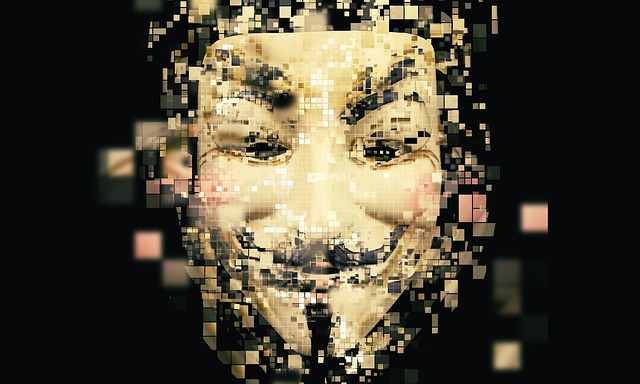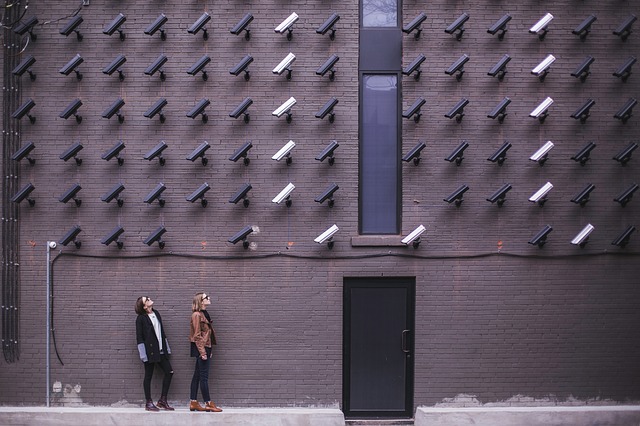To be honest the more I think of this subject, the more I keep filling in the cons category and see little for the Pros. For instance you may have read recently a survey commissioned by Google about the value of the internet economy to different countries. To the UK economy the internet was estimated to be worth over 100 billion dollars – a staggering amount of money I’m sure you’ll agree.
It is potentially one of the biggest benefits that the internet can give to the economies of the world, the chance to open up world markets to people, companies and countries across the world. Some investment in infrastructure could give people the chance to set up online businesses and engage with economies across the planet. Imagine the potential opportunities that are available in less developed countries, the chance to access these market irrespective of your location.
So what has this got to do with online anonymity? After all doing business online is partly about trust and being anonymous from your customers hardly helps this. Of course this is a perfectly fair opinion and a very valid point. Indeed if the internet was a huge global digital marketplace where we where all treated completely equal then there would be little reason to hide your identity online. Unfortunately it isn’t and there are many barriers of entry to even the simplest online business from many countries. Payment processors, geo targeting restrictions and
Considering the Online Anonymity Pros and Cons
This is one of the reasons why being anonymous is good, it gives you the chance to detach your online business persona from your personal one. If you live in a country where it’s difficult to operate online for whatever reason, then you can detach from this and operate virtually from another country. For instance I know loads of people who now make their living entirely online, from web designers, marketers, programmers you name it. An amazing chance to perhaps equalize the life chances of people across the planet.
Why are lots of people at a disadvantage? Well there’s a variety of reasons, from access to payment processors to simply credibility issues. The internet should really be a level playing field where we can all have exactly the same access irrespective of who we are and where we are located.
In reality of course this isn’t happening, the same backward, despotic governments that have created third world countries have spotted the internet and seen it as a threat rather than an opportunity. But of course they’re probably right it is certainly a threat to them, alas the opportunities for their people will be denied. I strongly believe there is no real argument, there is no internet censorship pros and cons discussion to be had.
You will see investment in internet technology, Saudi Arabia have spent a fortune in hardware to spy on their citizens, Syria force Cyber Cafe owners to monitor their customers – whilst they filter at a packet level every single web request from their country. Of course we know about China and Iran who live in fear of every web site that allows people to communicate and talk to each other.
There is no real ‘pro’ to internet censorship and blocking only excuses. Despite what people may argue regarding the ethics of online anonymity. The reality is that even if it was decided that online anonymity is bad and should be prevented then only ‘law abiding’ people would follow these restrictions. It is possible to be pretty much invisible online if you have some knowledge and the ability to fund a solution. So anyone who is involved in criminal acts is likely to take these options, the poor and innocent would be blocked from these solutions.


